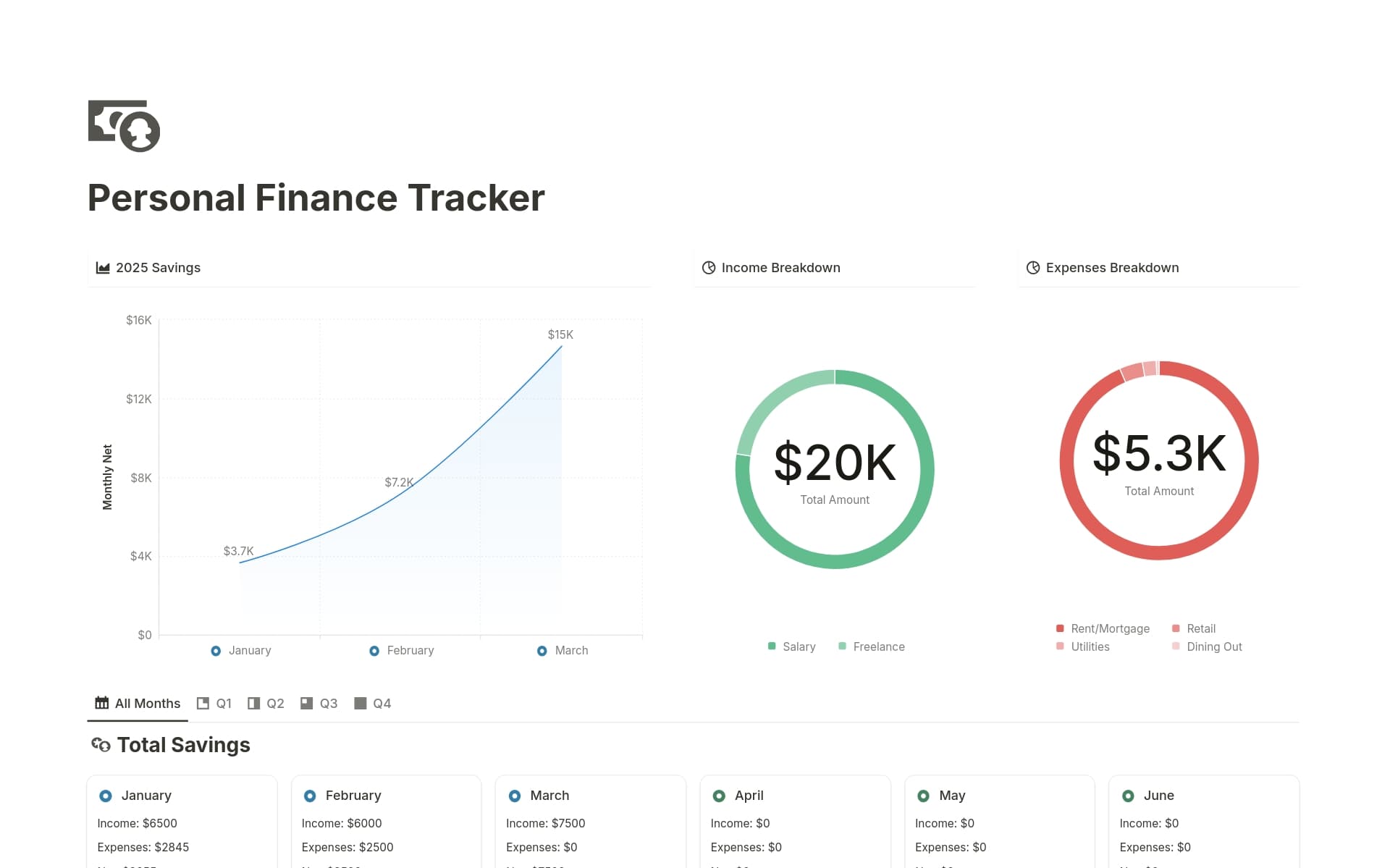For Product Managers, the coordination of a product launch is a multidimensional task, encompassing everything from timeline management to communication strategies. A Product Launch Tracker template in Notion can greatly facilitate this process by providing a clear and organized framework for tracking progress, aligning team efforts, and ensuring that every aspect of the launch is covered and on schedule.
Before you dive into creating your own Product Launch Tracker template, take a moment to explore these examples designed to make the process more manageable. They offer various approaches and features that can be tailored to your specific launch needs.
What Should Product Launch Tracker Templates Include?
Choosing the right Product Launch Tracker Template can streamline your product management process, ensuring nothing slips through the cracks. Here are key components to look for:
Timeline Management: This feature should provide a clear and adjustable timeline for each phase of the product launch, helping you keep track of progress and deadlines.
Task Assignment: A good template will allow you to assign tasks to team members, including deadlines and specific responsibilities, ensuring accountability and clarity.
Resource Allocation: It should include tools to manage and allocate resources effectively, from budgeting to manpower, ensuring optimal use throughout the project.
Metrics and Reporting: Look for templates that offer integrated reporting features to track performance metrics and provide insights on what's working and what isn't.
Selecting a comprehensive template empowers teams to launch products efficiently and with greater confidence.
What Should Product Launch Tracker Templates Avoid?
Choosing the right Product Launch Tracker Template is crucial for streamlining your product management process. However, not all features are beneficial. Here are key components to steer clear of:
Overly Complex Features: Avoid templates with complicated features that can confuse rather than help. Simplicity is key to keeping your team on track.
Non-Customizable Elements: A rigid template that doesn't allow modifications can hinder rather than help. Flexibility in adapting to your specific product needs is essential.
Irrelevant Metrics: Templates that focus on irrelevant metrics can distract from the key performance indicators that truly matter. Ensure the template aligns with your product's goals.
Remember, the best template is one that enhances productivity without adding unnecessary complexity. Choose a template that is intuitive and aligns closely with your product management strategy.













